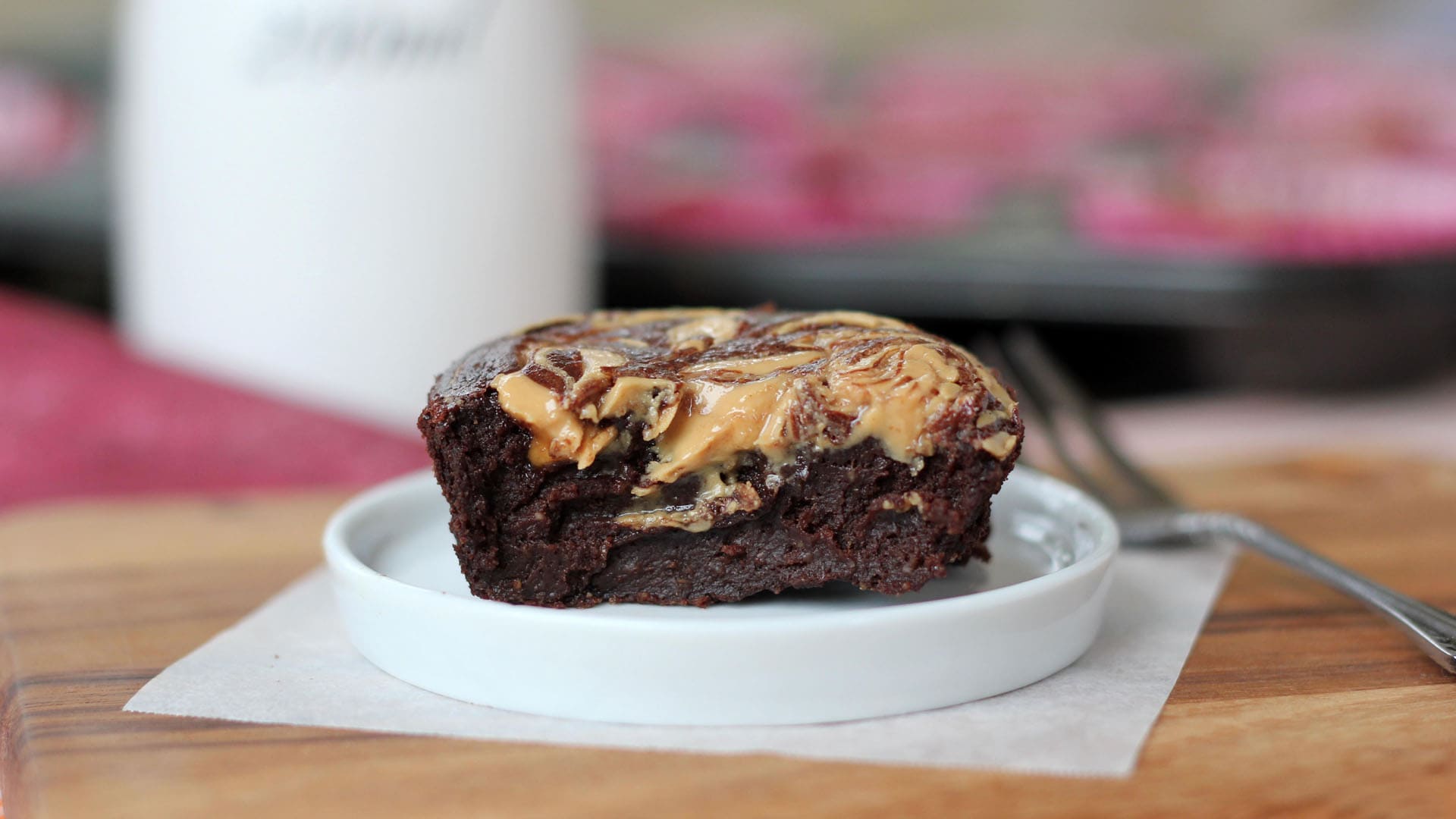Do you have that nagging sense that you should be praying more, or at least praying better? Do you look at the prayers of others and wish that you could mimic their zeal, or cultivate their robust vocabulary? And in comparing yourself does it only reinforce your disappointment? You feel like your prayer life just needs to be better, and that you could at least hit up the prayer closet as much as you hit up the gym (which may not be much at all).
I know that I struggle with this from time to time, and when I look at the consistent petition of Paul for us to “pray without ceasing” I feel overwhelmed, and disappointed with myself. At times I can barely say The Lord’s prayer without getting distracted halfway through. So, the other night with a group of friends, we were reflecting on some of these challenges and decided to look at Jesus’ teaching on prayer in the Sermon on the Mount.
Jesus teaches us how to pray better, but he does so in response to some of the pitfalls of prayer in his time.
First, Jesus critiques his own people, the Jewish religious types, calling them hypocrites. Hypocrite is a term from the theatre world of his day, meaning one who puts a mask on and plays a part. They liked the pomp and show of being seen and heard. They play a part and boisterously pray in public to be seen, to be esteemed and recognized as holy and devout. They may exude eloquent, poetic prayers flowing with rhythm and style from their lips in all vigor and gusto, but their words are not congruent with their hearts. Despite the show, their desire is the sweet applause of the audience and not to truly speak with God (cf. Matt 6:5-6).
The point Jesus wants to make is that better prayer comes from an intimate, honest, and personal space. We don’t need to put on a show, we can do the exact opposite and seek God in secret.
Next, Jesus critiques the Gentiles which is essentially every non-Jewish other. They tend to heap phrase after phrase, thinking that their endurance and stamina will attract the gods’ attention. It was all about trying to figure out precisely the right thing to say, and covering all your bases, so that something would stick with the god you were approaching. In a way it was aimless amassing prayer with no idea what god may be listening, and if the prayers would actually work (cf. Matt 6:7-8). In response to this sort of prayer, Jesus says “Do not be like them, for your Father knows what you need before you ask him” (Mat 6:8).
The point Jesus makes here is that better prayer comes from being rooted in the character of God, your Father, who is acquainted with your heart.
If God knows what we need before we pray then that means that the quality of our prayers is not dependent upon us. The quality of our prayers comes from the One who is listening to them and not the people offering them up. Quality prayer is based upon the character of God. It is precisely because God knows what we need, is attentive to our longings and desires, and mercifully wants to engage us that our prayers become infused with meaning. I don’t know about you but I find this immensely comforting and relieving! This means that if all I can offer up is “Lord, be with me” that can be enough, because God sees its true content.
Anne Lamott once said that there are two prayers every Christian must learn, and in a way instinctively know. The first is “help me Jesus, help me Jesus, help me Jesus!” and the second is “Thank you Jesus, thank you Jesus, thank you Jesus!” I love this. She’s absolutely right and has clearly grasped the truth of what Jesus has said in the Sermon on the Mount. We can pray simply, honestly, vulnerably. A prayer may not be verbose, but it is full with quality because of God who knows our hearts.
Now, I think that God knowing what we need before we ask can have an adverse effect on some people. You know the whole “If God knows what I need, whats the point in praying then?” The point is presence.
Prayer is about being present with the One who knows you through and through, who understands you better than you understand yourself. I once heard someone describe prayer as “curling up in my Father’s lap to spend time with him.” I like that.
So, if you want to pray better, start with these truths: You don’t need to put on a show, you don’t need to have the right words, all you have to do is approach God as you are. God is immensely present with us, offers us his Spirit who prays through us, and best of all Jesus is interceding for us at the throne of God.
Prayer is an opportunity to spend time with God, and the pressure is off because its not about you, its about Him. Praying more, or “without ceasing”, flows from this place. The quantity of our prayers comes from the quality of prayer, and the quality of prayer doesn’t depend upon us. The God who knows everything simply delights in your presence, and whatever words you can offer up.




